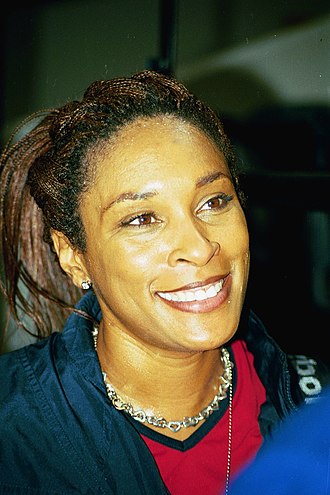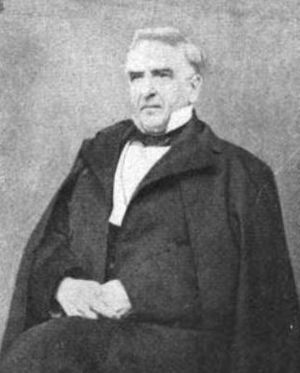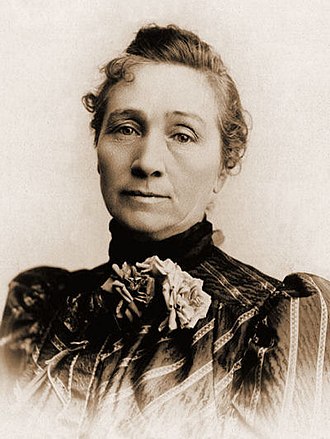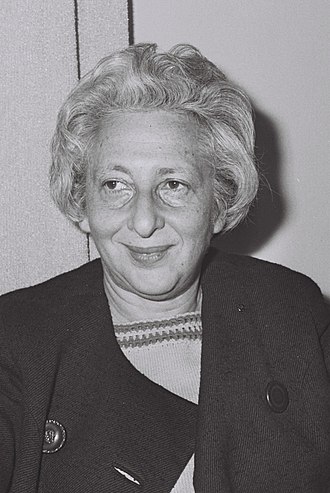Discover Your Roots
SIGN UPDiscover Your Roots
SIGN UPZina is a female given name of Russian origin that is derived as a diminutive form of Zinovia. Meaning "Diminutive Form of Zinovia," Zina is often associated with endearment and familiarity. It may also be linked to the East Slavic diminutive of the name Zinaida. Notable individuals bearing this name include Zina Andrianarivelo-Razafy, a Madagascan diplomat, Zina Garrison, an American tennis player, and Zina Saunders, a Manhattan-based artist-writer. The name Zina has a rich history and has been embraced by individuals from diverse backgrounds, reflecting its universal appeal. Whether as a standalone name or as a nickname, Zina embodies a sense of warmth and charm.

Zina Garrison, born on November 16, 1963, is a former professional American tennis player. She achieved significant accolades in her tennis career, including being the runner-up in singles at the 1990 Wimbledon Championships, winning three major mixed doubles titles, and earning Olympic gold and bronze medals in the women's doubles and singles events at the 1988 Seoul Olympics. Garrison reached a career-high singles ranking of world No. 4 in November 1989.Garrison's tennis journey began at a young age, and she quickly rose to prominence, winning Wimbledon and US Open junior titles and becoming the world No. 1 junior player. Despite battling personal challenges such as bulimia, she had notable success on the court, reaching the Australian Open semifinals in 1983 and winning her first top-level singles titles in 1984.Her career reached its pinnacle in 1990 at Wimbledon, where she made history by becoming the first African-American woman to reach a Grand Slam singles final since Althea Gibson. After retiring from professional tennis in 1996, Garrison remained active in the tennis community, founding the Zina Garrison Foundation for the Homeless and the Zina Garrison All-Court Tennis Program. She also served as a television commentator and was involved in various tennis initiatives, including captaining the U.S. Federation Cup team and leading the U.S. women's team at the 2008 Beijing Games tennis event.Garrison's enduring impact on the sport

Zina Bianca Bethune (February 17, 1945 – February 12, 2012) was an American actress, dancer, and choreographer, known for her contributions to theater, television, and film. Born in Staten Island, Bethune began her formal ballet training at a young age and danced with the New York City Ballet as Clara in the 1955 Balanchine production of The Nutcracker. She made her mark in television, appearing in shows such as The Guiding Light, The Nurses, and The Judy Garland Show. Bethune also starred in Martin Scorsese's first feature film, Who's That Knocking at My Door. Beyond her artistic endeavors, she was dedicated to working with disabled students, founding nonprofit organizations like Bethune Theatredanse and Dance Outreach, which aimed to provide dance-related activities for disabled children. Tragically, Bethune passed away in 2012 in a hit-and-run accident while trying to help an injured opossum in Griffith Park, Los Angeles. Her legacy lives on through her impactful work in the arts and her commitment to serving the community.

Zina Pitcher (1797–1872) was an American physician, politician, educator, and academic administrator. He served as the president of the American Medical Association, a two-time mayor of Detroit, and a member of the Board of Regents of the University of Michigan. Pitcher's career began as an assistant surgeon in the Army, eventually rising to the rank of major. He was known for his expertise in botany and was the first to collect the rare Pitcher's thistle, which was named in his honor. As a significant figure in Detroit, he was elected mayor for two terms and served as a regent of the University of Michigan. Notably, he presided over the annual meeting of the American Medical Association during his tenure as its president. Zina Pitcher passed away in 1872 and was laid to rest in Elmwood Cemetery. His contributions are remembered through the Zina Pitcher Collegiate Professorship of the History of Medicine at the University of Michigan Medical School, Pitcher's thistle, and the former Dr. Zina Pitcher Elementary School.

Zina Presendia Young Williams Card (April 3, 1850 – January 31, 1931) was an influential American religious leader and women's rights activist. Born in Salt Lake City, Utah Territory, she was the daughter of Brigham Young, the second president of the Church of Jesus Christ of Latter-day Saints (LDS Church). Zina was a trailblazer as the first "Dean of Women" at Brigham Young Academy (now Brigham Young University) in Provo, Utah, where she played a pivotal role in shaping women's education.Zina Card was a staunch advocate for women's suffrage and the right to practice plural marriage. She was actively involved in lobbying against anti-polygamy legislation, addressing both the U.S. House Judiciary Committee and Senate on the matter. Her career and activism extended to various spheres, from being the Ladies' Matron at BYA to emphasizing knowledge of nursing and biology in the domestic science department. Zina's dedication to women's rights and her impactful role in the community made her a prominent figure in the history of women's activism.Her legacy as a civic and religious leader extended beyond the United States, as she became a major figure in the Mormon settlement at Cardston, Alberta, Canada. Zina Presendia Young Williams Card's contributions to women's education and rights continue to inspire and influence generations.

Zina Harman, born Zina Stern, was a prominent Israeli politician and social worker, known for her influential roles in various international organizations. Born in London, she later emigrated to Mandatory Palestine and became a dedicated social worker in Jerusalem. Harman played a pivotal role in Youth Aliyah and was a member of the Israeli delegation to the United Nations. She was elected as the Israel representative on the board of UNICEF and later served as the Chairman of UNICEF from 1964 to 1966, accepting the Nobel Peace Prize awarded to UNICEF in 1965. In addition to her international contributions, she was elected to the Knesset for one term and founded the Jerusalem Council for the Welfare of Children. Married to Avraham Harman, an Israeli ambassador and President of the Hebrew University of Jerusalem, Zina Harman left a lasting legacy in Israeli politics and international humanitarian efforts. Her children have also made significant contributions in various fields, further solidifying the Harman family's impact on Israeli society.
All images displayed on this page are sourced from Wikipedia or Wikimedia Commons.We use these images under their respective Creative Commons or public domain licenses. Wherever applicable, author attributions and license information are provided. If you believe an image is used incorrectly or outside its license terms, please contact us so that we can review and correct the issue.